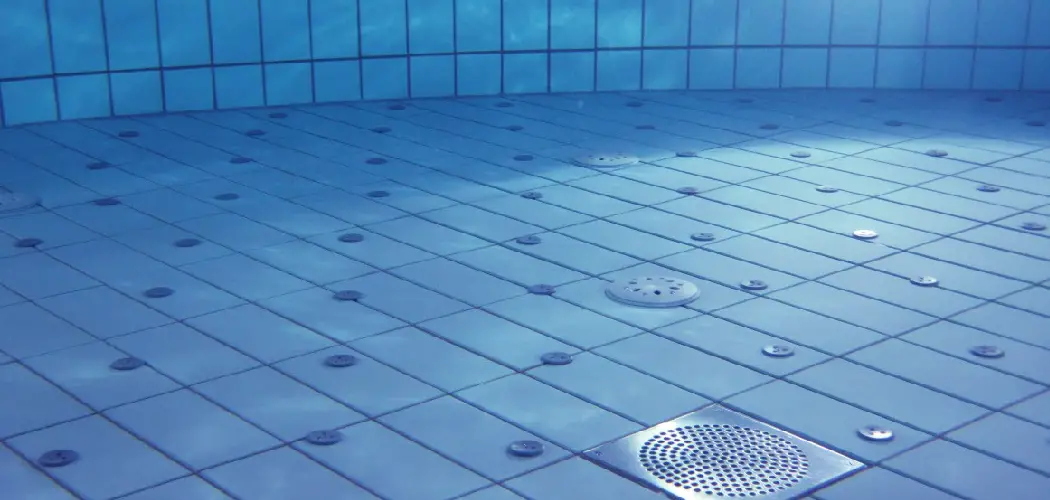Chlorine is a necessary evil when it comes to pool maintenance, but there are ways to keep your pool clean without it. In this blog post, we’ll discuss some of the best methods for keeping your pool chlorine-free. So if you’re looking for an alternative to chlorine, keep reading to learn more about how to keep a pool clean without chlorine.
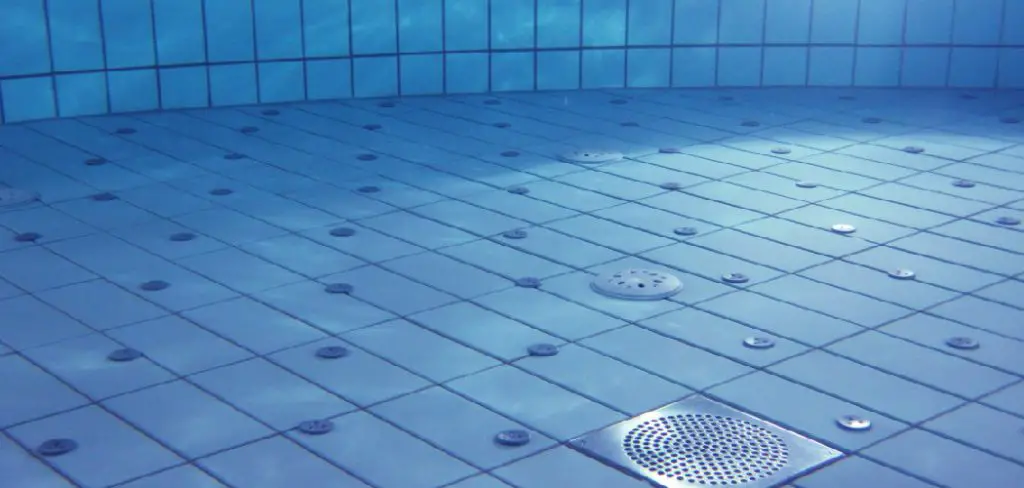
Why It’s Important to Keep a Pool Clean?
A pool is a great addition to any home, and it can provide hours of enjoyment for family and friends. However, it’s important to remember that a pool is also a potential health hazard. If it’s not kept clean, it can quickly become a breeding ground for bacteria and other harmful microorganisms.
In addition, dirty water can be uncomfortable and even painful to swim in. Therefore, it’s important to test the water regularly and add chlorine or other disinfectants. The filter should also be cleaned regularly.
By taking these simple steps, you can help to ensure that your pool is a safe and enjoyable place to relax and cool off.
Why Should You Clean a Pole without Chlorine?
When it comes to cleaning a pole, a few different options are available. However, not all cleaning methods are created equal. In particular, using chlorine to clean a pole can do more harm than good. Chlorine is a harsh chemical that can damage the finish on the pole and strip away any protective coatings.
Over time, this can lead to wear and tear, making the pole more susceptible to corrosion. In addition, chlorine can also cause metal poles to discolor or develop spots. For these reasons, it is best to avoid using chlorine when cleaning a pole.
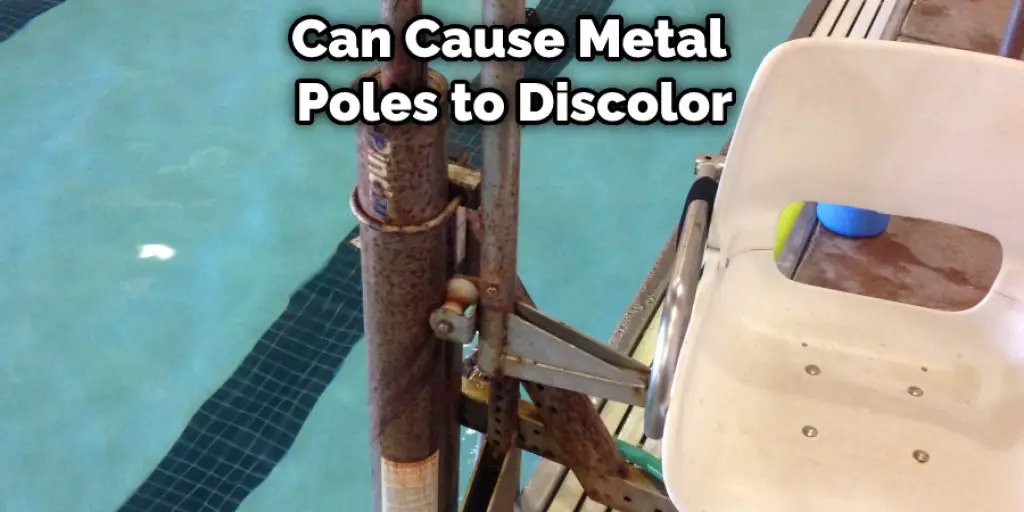
Instead, opt for a mild soap or detergent and rinse thoroughly with clean water. By taking these precautions, you can help keep your pole looking like new for years to come.
8 Ways to Follow on How to Keep a Pool Clean Without Chlorine
1. Maintain a Regular Cleaning Schedule
This is the most important thing to keep your pool clean without chlorine. Skipping even just one week of cleaning can allow algae and bacteria to build up, making it much harder to get rid of them later.
2. Use a Pool Cover
One of the most effective ways to keep your pool clean without using chlorine is to use a pool cover. Pool covers help keep dirt, leaves, and other debris from getting into your pool, which means there’s less work for you when it comes to cleaning.
Not only will a pool cover help reduce the amount of time you spend cleaning your pool, but it will also help reduce evaporation and save you money on chemicals.
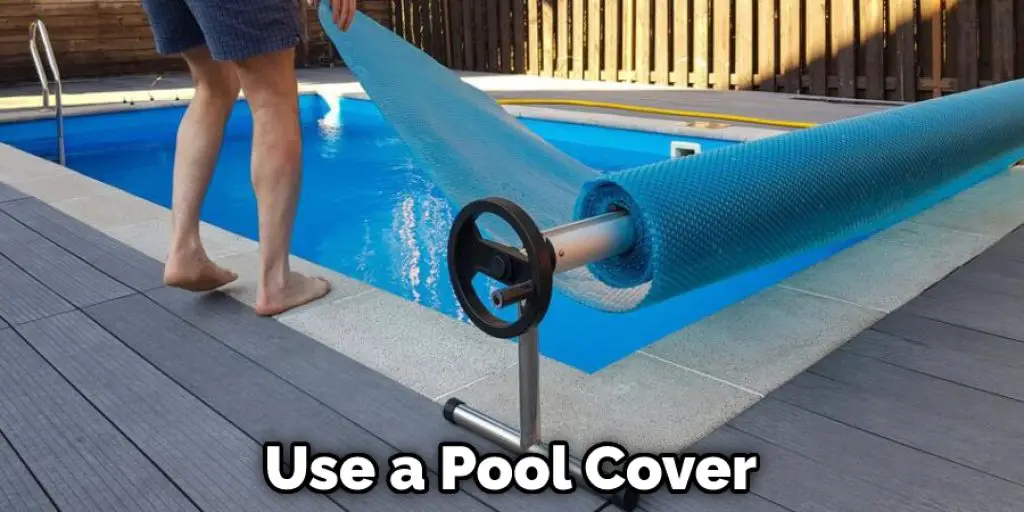
3. Use a Pool Skimmer
A pool skimmer is a must-have for any pool, whether you use chlorine or not. Skimmers help remove debris from the surface of the water, which can then be vacuumed up or disposed of. This helps to keep your pool looking clean and sparkling all season long!
4. Use a Pool Brush
If you have a pool with a liner, you’ll want to invest in a good pool brush. This will help you scrub away any dirt or grime that’s clinging to the sides of your pool. Be sure to brush in both directions (up and down and side to side) to get the best results.
5. Use a Pool Vacuum
If you have a pool vacuum, you can use it to help keep your pool clean without chlorine. Vacuuming your pool regularly will help remove dirt, debris, and other contaminants from the water. This will help keep the water quality high and prevent the growth of algae and other organisms.
6. Use a Natural Pool Cleaner
If you don’t want to use chemicals to clean your pool, there are a few natural pool cleaners that you can use. One popular option is to use baking soda. Baking soda is a naturally alkaline substance that can help to neutralize acidic water. You can add baking soda to your pool water in the same way you would add chlorine.
Another natural pool cleaner that you can use is vinegar. Vinegar is a natural acid, and adding it to your pool water can help to lower the pH level. However, you should only use vinegar in small amounts, as too much vinegar can make your pool water too acidic.
7. Use a Pool Filter
One of the most important pieces of pool equipment is the filter. The filter helps remove dirt, debris, and other contaminants from the water. There are three types of filters – sand, cartridge, and diatomaceous earth (DE).
Sand filters are the most common type of pool filter. They use sand to trap contaminants. Cartridge filters are less common, but they are more effective at trapping smaller particles. DE filters use a powder to trap contaminants.
To keep your pool clean without chlorine, you should run your filter for at least 8 hours a day. You may need to run it for longer if your pool is used frequently.
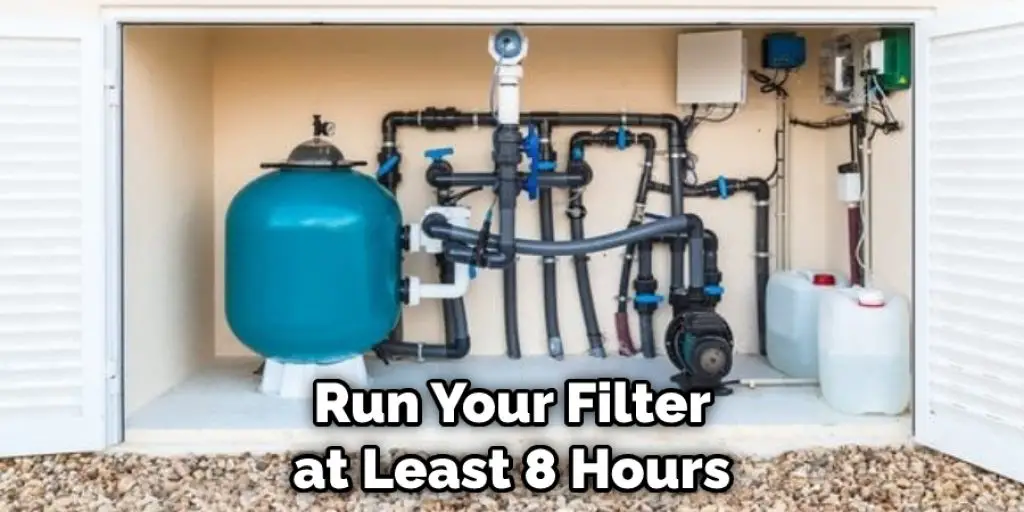
8. Shock Your Pool
If your pool is starting to look cloudy, it may be time to shock it. Shocking your pool means adding a large amount of chlorine all at once. This will kill any algae or bacteria that are growing in your pool.
You should only shock your pool as a last resort, as it can be harsh on the water and your skin. If you need to shock your pool, be sure to follow the instructions carefully.
Now that you know how to keep a pool clean without chlorine, you can enjoy a relaxing summer without worrying about chemicals. Just be sure to follow these tips, and you’ll have a sparkling pool that everyone will love!
You Can Check It Out to Turn a Pond Into a Natural Swimming Pool
Alternatives to Chlorine You Could Consider
Bromine:
Bromine is an effective and popular chlorine alternative. When bromine is added to pool water, it forms Bromamines, which are less likely to cause eye and skin irritation than chloramines. Bromine levels can be increased by adding a bromine tablet to a floater device or using a bromine feeder.
Ozone:
Ozone is a strong oxidizer that is produced by an ozone generator. Ozone generators are not widely used in residential pools, but they are gaining popularity. When ozone is added to pool water, it destroys bacteria and other microorganisms.
UV light:
UV light is another chlorine alternative that is gaining popularity. UV light sanitizers work by destroying the DNA of bacteria and other microorganisms. This prevents them from reproducing and keeps the pool water clean.
Reduction in Water Temperature:
One of the simplest ways to reduce the amount of chlorine needed to maintain a pool is to lower the water temperature. Bacteria and other microorganisms thrive in warm water, so lowering the temperature will make it easier to keep the pool clean.
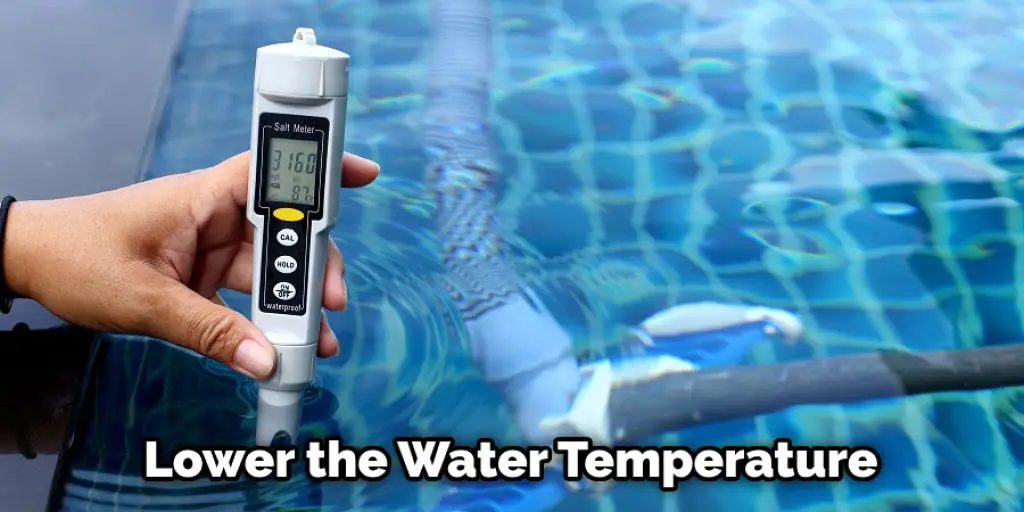
Mineral Water Pool Systems:
Mineral water pool systems use minerals to sanitize the water. These systems are gaining popularity because they are effective and easy to use. Mineral water pool systems usually contain a cartridge filled with minerals such as silver and copper.
When the mineral cartridge is added to the pool, the minerals kill bacteria and other microorganisms. The minerals also help keep the pool water’s pH level balanced. Keep reading for more information about how to keep a pool clean without chlorine.
Frequently Asked Question
Is Bromine Better than Chlorine?
The answer to this question is subjective and depends on the pool owner’s needs. Bromine is a better choice for some people because it is not as harsh on the skin and eyes as chlorine. It also does not produce the strong chlorine smell associated with swimming pools.
However, bromine is more expensive than chlorine and requires more maintenance. UV light is also an option for some pool owners because it kills bacteria and other organisms without chemicals. However, UV light is not effective against algae and requires regular maintenance.
Is Bromine Good for Your Skin?
Bromine is a popular alternative to chlorine for pool sanitization. It is less harsh on the skin and eyes, and some people find it has a more pleasant smell. However, bromine is not as effective at killing bacteria and algae as chlorine, so it may take longer to keep your pool clean without chlorine.
Why Did Canada Ban Bromine?
Bromine is a contaminant that is often found in pool water. It is a volatile organic compound used as a pesticide and a flame retardant. It is also known to be harmful to human health. In 2001, the Canadian government banned the use of bromine in all swimming pools due to its health risks.
Can I Switch from Chlorine to Bromine?
It is possible to switch from chlorine to bromine, but it is important to make the switch correctly. You will need to use a bromine shock treatment when making the switch. This will help oxidize all of the chlorine in the pool and prepare the water for the new bromine sanitizer.
Conclusion
So there you have it! Everything you need to know about how to keep a pool clean without chlorine. By following these simple steps, you can ensure that your swimming pool is a safe and healthy place for you and your family to enjoy all summer long. So have fun swimming without worrying about chemical fumes or red eyes!

